Thank you, MetLife Foundation! I did a Snoopy Happy Dance when I got the good news that you are funding a second round of Innovation Lab for Museums. AAM and EmcArts have just released the Request for Proposals.
You can read about the Lab here. Short version, it’s a program that helps museums take an innovative idea that has been kicking around the organization and nurture it to the point where may actually fly. (As Richard Evans once remarked to me, EmcArts developed Innovation Lab to counteract the tendency, in most organizations, to beat innovative ideas to death before they have a chance to breathe.)
I’m a big proponent of museums innovating and risking failure in order to discover new ways of operating—the “next practices” that may help the whole field prosper in the coming century. Innovation Lab for Museums is CFM’s first attempt to provide concrete support for innovation, by giving museums access to:
- EmcArt’s expertise in nurturing innovative ideas through mentoring, coaching and support;
- start-up funding (each Lab participant gets $40k towards implementation of their project).
I learned a lot from moderating the selection panel’s discussions in round one, last year. In an attempt to make the work of the second selection panel as challenging as possible I want to share with you some tips on preparing a successful application.
My advice, make sure your project is:
- Innovative for the field, not just for your museum. Creating a teacher training program might be great, necessary for your community and something your organization has never done before. But many museums already have such programs, so you have good models to work from. You don’t need the help of the Lab to invent this from scratch. Successful Lab proposals will address “adaptive challenges”–situations for which there are no established procedures, existing models or off-the-shelf solutions.
- “Half-baked.” This is the term EmcArts uses for ideas in just the right stage of development to benefit from the Lab. In contrast, “Raw” ideas are things you just now dreamt up, and haven’t really worked through at all. “Fully-baked” ideas are projects you have already pretty fully planned, plotted and budgeted—you just need money for implementation. Half-baked ideas are things you have been talking about for awhile, think are promising, but need help to develop to the stage where they can be served up at the table.
- Grounded in your museum’s history. Show you know what you have done, and tried, before! If you have a proud history of successful innovation, flaunt it. If you have a private history of bold failures, flaunt that, too. Really, for this application, a history of failure can be a plus if you failed because you tried ambitious things, and you show what you learned from falling on your (organizational) face. This probably means you will need to involve a bunch of staff people in developing the application, rather than delegating it to one or two people. Plumbing institutional memory, you may be surprised to find out how much you have experimented, in the past.
Also, if your half-baked idea logically involves other players—in the museum field, in the community, among the people it serves—identify them in the proposal and make sure you have talked to them about the project. Show how they or their representatives will be involved in the Lab (for example, as part of your “Innovation Team” that will work on the project at your museum and at the week-long Lab retreat in Virginia).
As the RFP notes, if you are thinking of applying, I strongly encourage you to make an appointment with Liz Dreyer, national programs manager to discuss your project. at EmcArts [(212) 362-8541, ext. 27, LDreyer@EmcArts.org.] Liz can take a look at draft proposals (if you have one ready) and offer helpful suggestions for making it stronger. If you are going to attend the AAM annual meeting in Minneapolis Saint Paul next month, you can also make an appointment with Liz on Monday, April 30 or Tuesday, May 1, for in-person counseling.
Check out Liz’s recent blog post about the applications from round one, and catch up on various posts here about the Lab. If you decide to apply, I look forward to reading about your innovation project!
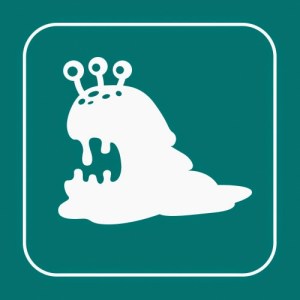
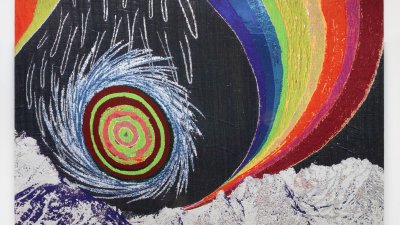
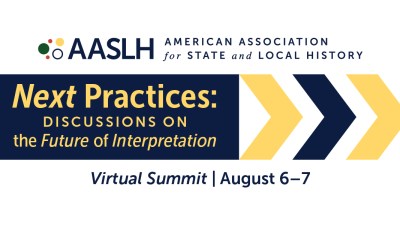
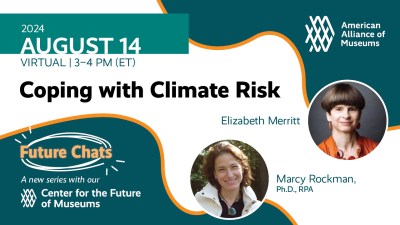
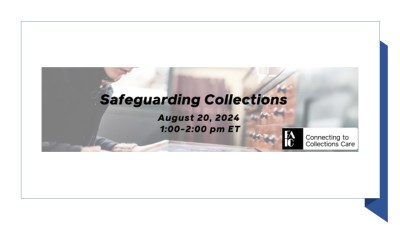

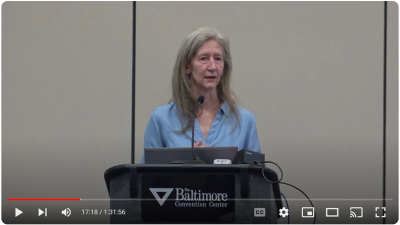
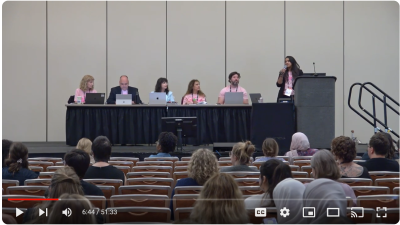
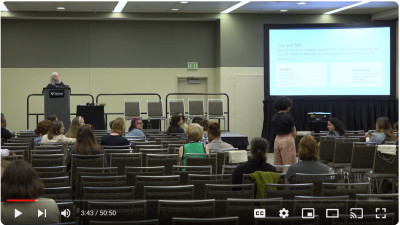
Comments